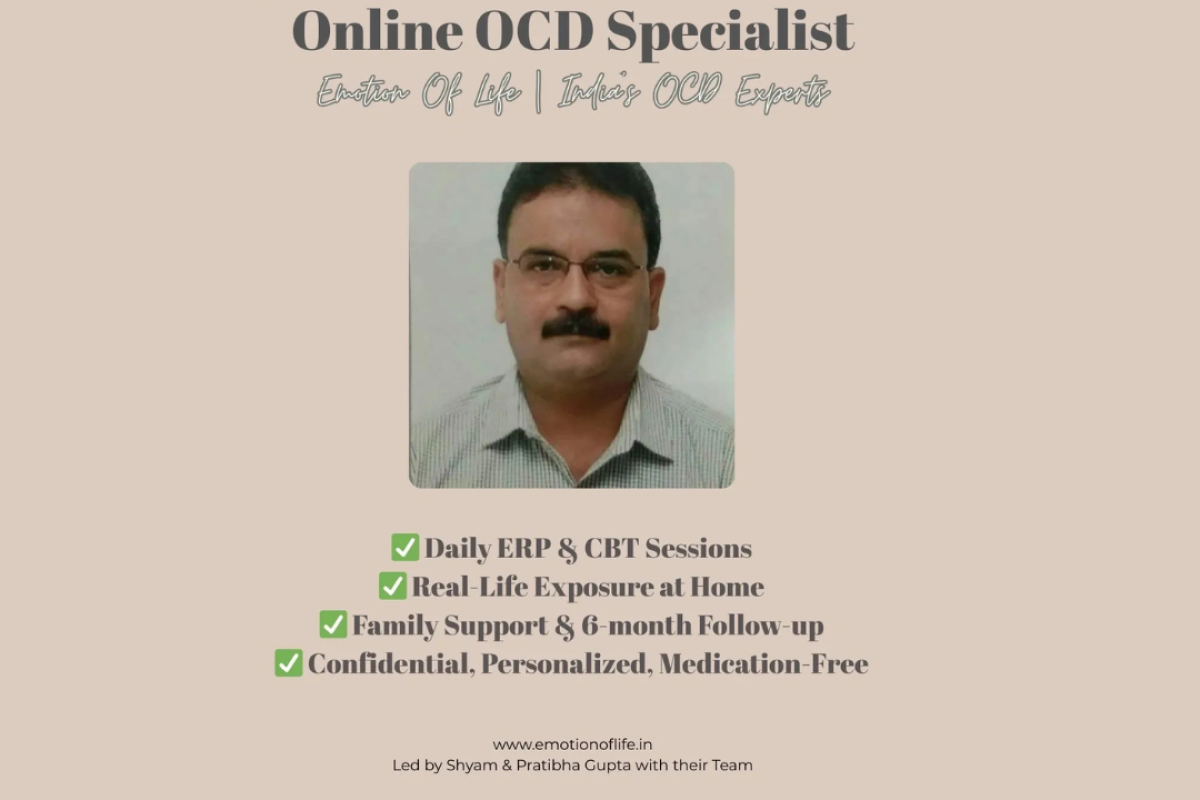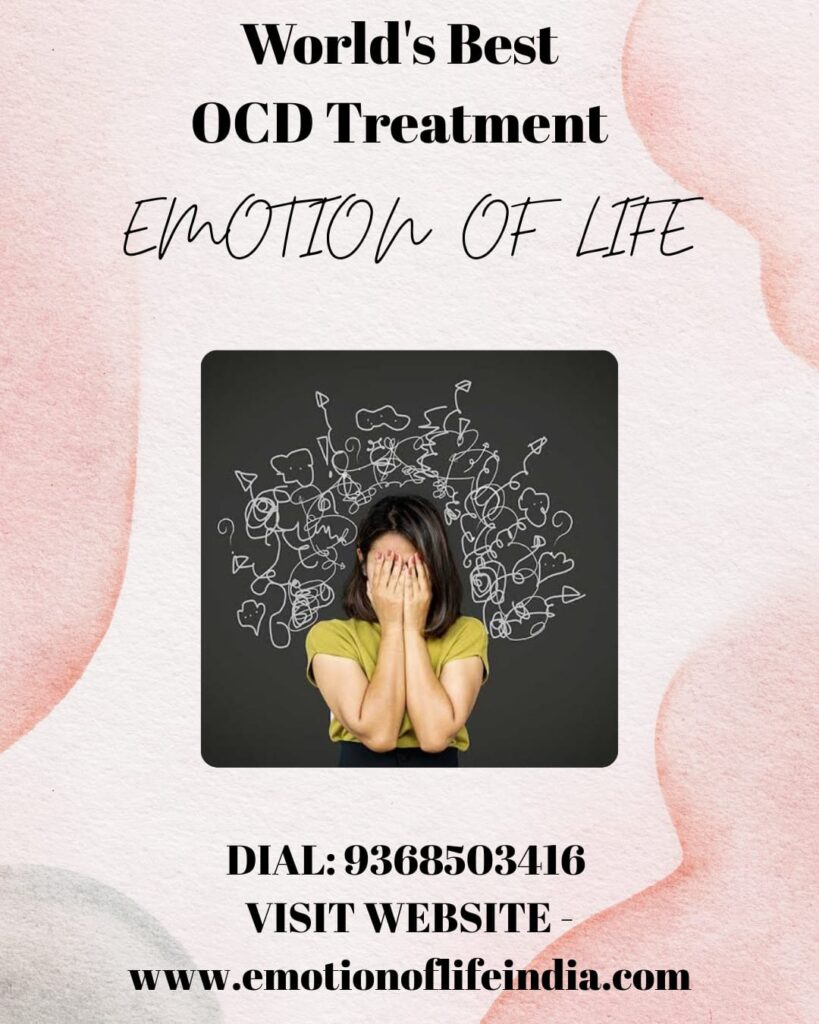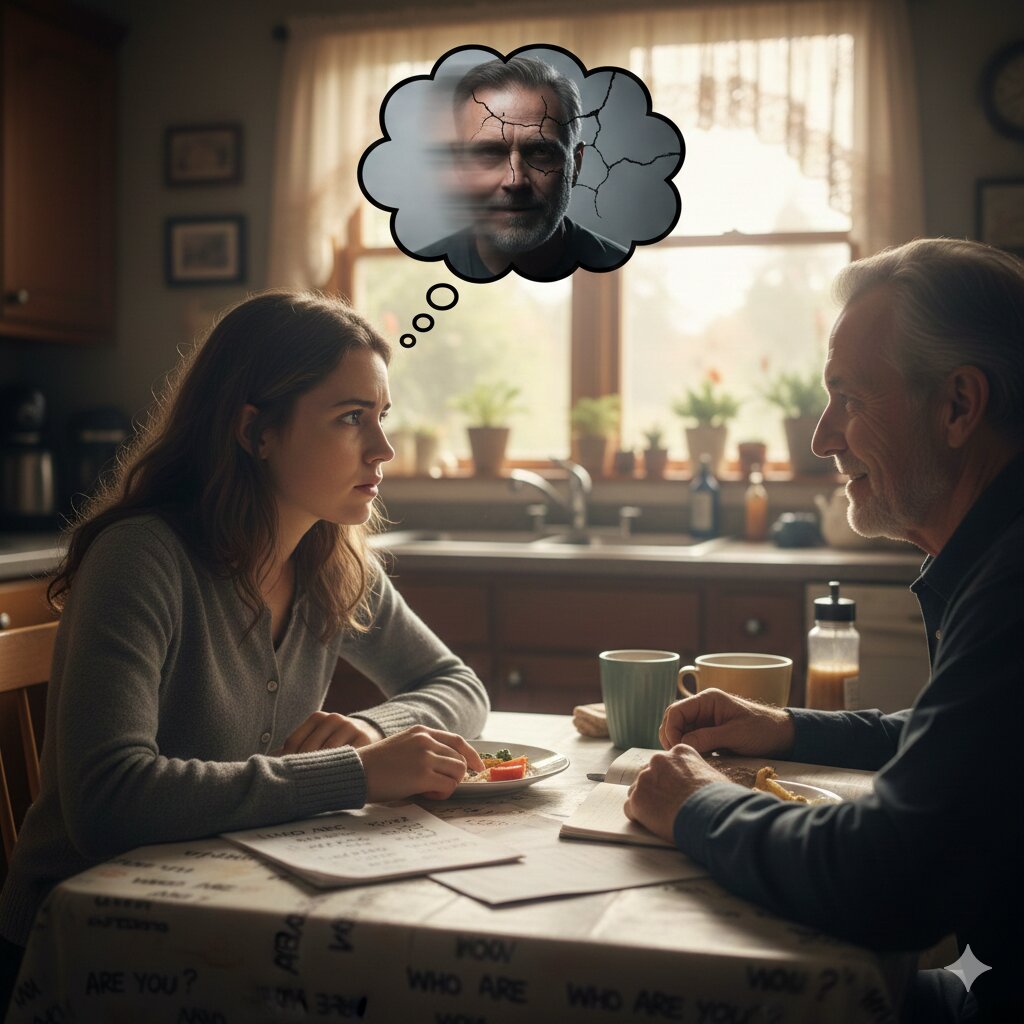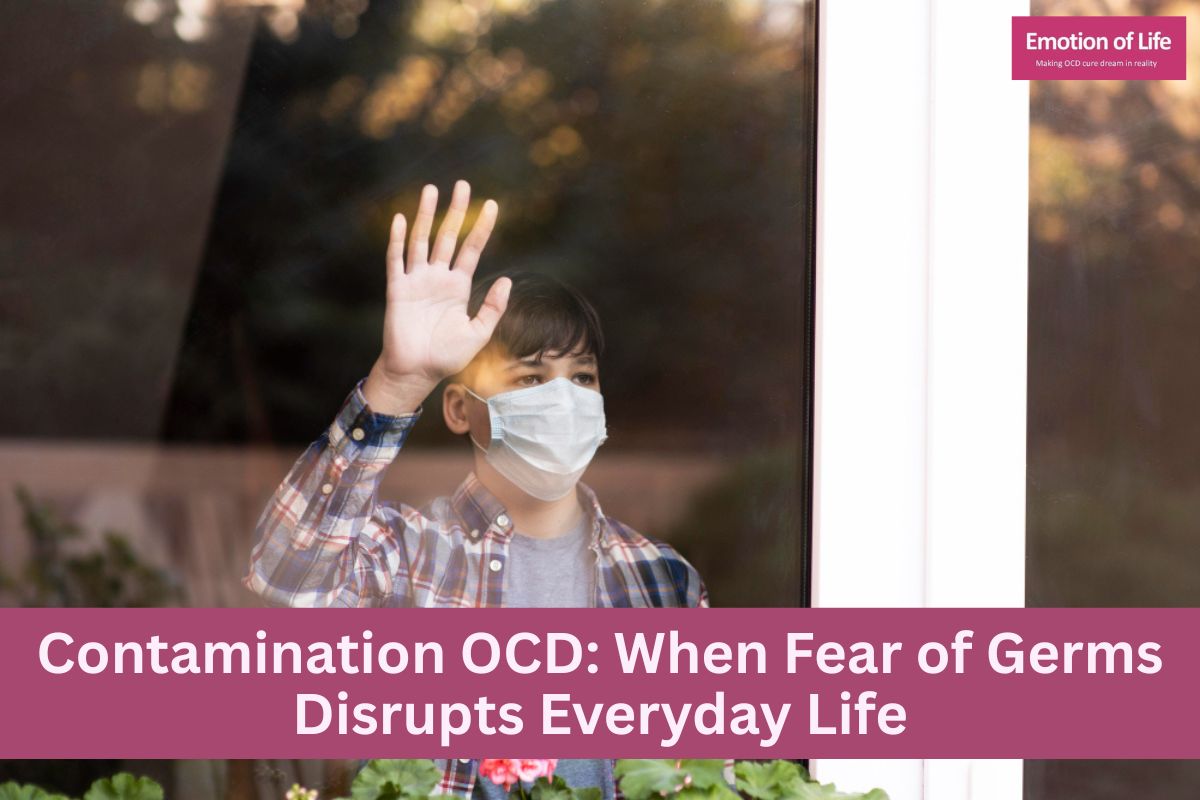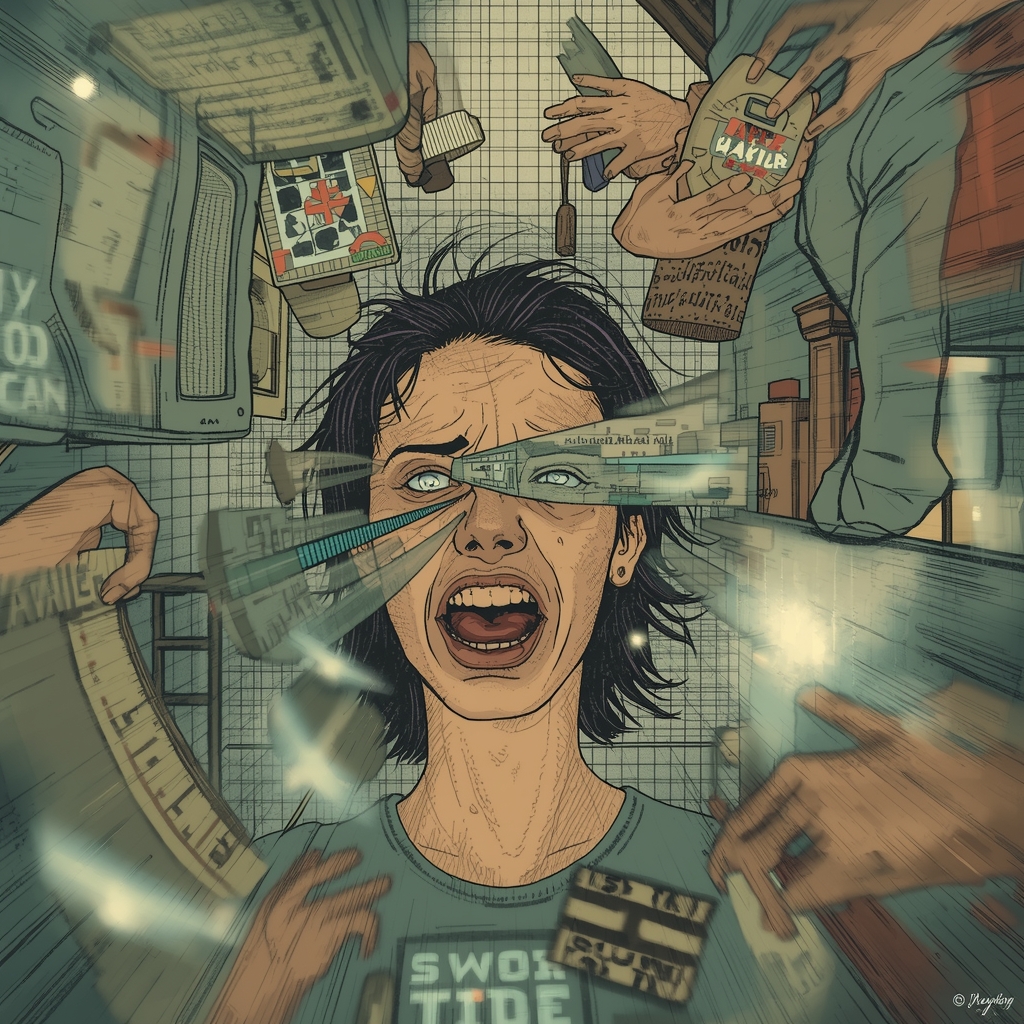How to Help a Person with OCD
A Guide for Family Members | OCD Help by Family Members
Obsessive-Compulsive Disorder (OCD) is a challenging mental health condition, both for those who experience it and for their loved ones. Understanding how to help a person with OCD compassionately and effectively is essential for their recovery. If you are wondering about the best way to deal with a person with OCD, this guide by OCD Therapist Shyam Gupta from Emotion of Life offers evidence-based strategies that can make a real difference.
Understanding OCD
OCD is not about being organized or overly tidy—it’s a serious anxiety disorder involving intrusive thoughts (obsessions) and repetitive actions or mental rituals (compulsions). Family members often feel helpless, frustrated, or confused about how to help. The good news is that families can play a meaningful role in their loved one’s recovery when equipped with the right knowledge and approach.
Best Way to Deal with an OCD Person at Home
The best way to deal with a loved one who has OCD starts with education. Learn how obsessions create fear and compulsions only provide temporary relief. Avoid reinforcing these behaviors, even when it seems like the kind thing to do. For instance, if your loved one repeatedly asks for reassurance or wants you to check something multiple times, gently decline and redirect their focus instead.
What to Do as Family Members to Help an OCD Sufferer
- Educate yourself: Learn about CBT (Cognitive Behavioral Therapy) and ERP (Exposure and Response Prevention), which are the gold-standard treatments for OCD.
- Do not accommodate compulsions: Avoid participating in rituals or reassurance behaviors, as this reinforces OCD cycles.
- Create a supportive environment: Be patient, calm, and non-judgmental. Celebrate small wins instead of pushing for perfection.
- Encourage professional help: Direct your loved one to specialists. At Emotion of Life, OCD patients receive structured, non-medicine therapy under OCD Therapist Shyam Gupta.
- Set healthy boundaries: Support recovery without losing your own emotional balance or well-being.
How to Deal with OCD Patients: Therapeutic Collaboration
Helping someone with OCD works best when families and therapists collaborate. Family members can act as partners in recovery—observing patterns, encouraging ERP practice, and reducing enabling behaviors. At Emotion of Life, under Shyam Gupta’s guidance, families are actively involved through education sessions that teach them how to respond effectively and compassionately.
This approach turns the family into a source of strength rather than a trigger for anxiety. By learning how OCD works, loved ones gain the confidence to handle difficult moments with clarity and empathy.
Conclusion
Understanding how to deal with OCD patients requires a combination of patience, empathy, and structured support. The best way to help an OCD sufferer at home is not through excessive reassurance or sympathy, but through consistent encouragement, education, and collaboration with professionals.
If you’re wondering what to do as a family member to help someone with OCD, remember: your role matters. With the right knowledge and guidance, families can accelerate recovery and bring calm back into their loved one’s life.


